Shotguns are pretty popular and can be used in many different applications. They are popular for sport shooting and hunting alike, as well as for self-defense. Shotguns can be relatively inexpensive to purchase, or very expensive, depending on what the buyer is looking for.
There are many different sizes and types of shotguns to choose from. Each has its purpose, and some have many purposes. All of these options can be overwhelming at times though, especially with so many to choose from and even more especially if the future purchaser is unfamiliar with what is on the market today. Hopefully this article can give a little perspective on the matter so the buyer can make a more informed decision.
Sizes
For some, the question might be the following: “What other sizes are there and would it be beneficial to have one of those other sizes?” Well to start off, there are actually many, many sizes out there, too many to cover in a timely fashion, but out of the most used more extensively today there are actually six. They are as follows, in order from largest to smallest (according to the six that are shown here):
- 10 gauge
- 12 gauge
- 16 gauge
- 20 gauge
- 28 gauge
- .410 Bore
As seen above, five of these six are referred to by gauges, and the last is by caliber or bore, .410. If a .410 Bore shotgun were referred to by gauge it would be a 67 gauge, but the details of that will not be covered right now.
One could argue for quite some time regarding which shotgun is the least popular, but the most popular gauges are definitely 12 and 20 gauge. Purchasing shells for a 12 gauge or the 20 gauge is going to be a little cheaper than for the 10 gauge, the 16 gauge, the 28 gauge, or a .410 Bore. When it comes to actually buying a gun, the 12 gauge and the 20 gauge guns are going to be much easier to find and probably cheaper compared to similar models of the other sizes.
BONUS OFFER: Get your free shooting range targets to print at home!
Get your free targets to print at home!
Actions
Three actions come to mind when shotguns are mentioned; semi-automatic, pump, and break action. Another that is a little less common is the bolt action. Lever actions are out there, and even still on the market today, but for the purposes of this article only the others will be elaborated on.
Regarding break action, there are three types; over and under, side by side, and single shot. Side by side is starting to phase out of the market, probably because the over and under shotguns are a little easier to use (one trigger instead of two different triggers to worry about). While single shot shotguns are great for kids starting out, they are not very common on the market and are not very practical at all, especially for hunting.
Over and under shotguns can be pretty expensive at times, however, they are very practical, especially for upland game hunting. The beauty to an over and under is that they have two different barrels, each operated by the same trigger. Two barrels gives the ability to have two different chokes. This is a great advantage when hunting upland game because the first shot can be wider spread to get the game moving while the second shot out of the other barrel will not have such a wide spread, giving the hunter a better chance of making the kill.
Next the focus will be about the semi-automatic. This is especially useful when hunting waterfowl such as ducks and geese. Hunters get up very early in the morning in the freezing cold and go out to their blinds and wait for hours. Having the advantage of being able to make quick follow-up shots is very helpful so as to make sure that the legal limit is reached for the day to make it worthwhile.
Pump action shotguns are very versatile as far as what they can be used for. They are a good all-around shotgun that can effectively be used for all types of bird hunting, trap and skeet shooting, and even self-defense. In fact, many self-defense specific shotguns are pump action. Pump action shotguns are also pretty common on the market and there are many available for those who are buying a shotgun on a tight budget.
Bolt actions are still made, but are much less popular than the others. Like lever action, they are more of a novelty than anything. It is much easier to make a follow-up shot with a pump action shotgun than with a bolt action. The only advantage to bolt action is that it is a little safer when it comes to hunting in mountainous terrain because if the hunter were to trip and fall, the action on the pump action moves a little easier than that of the bolt action.
Choice
The question that begs to be answered is, with so many options to choose from, which is going to be the best option for the person looking purchase a new shotgun? There are some things to think about when it comes to buying a shotgun and they are:
- What will be the main purpose of the shotgun; hunting, sport, or self-defense?
- How much money is in the budget for the purchase?
- Does the gun need to be useful for multiple things, or specific to one purpose?
- Who is going to be shooting it; solely the purchaser, friends, family, etc.?
- Which shells are easier to find in stores nearby?
As with any other costly item that someone would like to purchase it is best to test the item in order to figure out which one is best to buy. Now, with guns it is a little different because a lot of the time it is not possible to test the exact firearm that will be purchased. However, the potential buyer should at least test the different gauges of shotgun, actions, and types in order to find out which is preferred.
Self-Defense
If the reason someone is buying a shotgun is for self-defense, then he/she is in luck. There are quite a few options out there and a lot of those options are pretty budget friendly as well. There are many tactical-type shotguns available on the market today. Typically they are going to have shorter barrels, 14-20 inches, and some will have pistol grips. The shorter barrel will be more deadly at a closer range, and the pistol grip allows for better accuracy.
When it comes to self-defense, it is recommended to stay away from the semi-automatic versions of these shotguns. While they may seem cool they are not very practical, in that they have a higher probability of jamming, users tend to not be as accurate, and rounds are more easily wasted.
The 12 gauge is the recommended gauge, again if the sole purpose for purchasing a shotgun is for self-defense. The reason for this is the versatility offered as far as shotgun shells are concerned. While slug and buckshot rounds are available in other sizes, they are more prevalent in the 12 gauge, and being more prevalent can oftentimes mean that they are less expensive at times also.
The self-defense shotgun has been narrowed down quite a bit. The focus has been on the action (pump), and the gauge (12). How about an actual recommendation? The recommendation for this specific purpose would be the Mossberg 500. There are some variations, but it is recommended, if solely used for self-defense, that the Mossberg 500 Tactical with full stock and pistol grip be bought and here are some reasons why:
- 6+1 round capacity, plus easy access storage on the stock
- 18.5 inch barrel is short enough to handle easily at close range but still give a little further range if needed while keeping a good grouping
- Weighs in under 7 pounds so not too heavy
- Pump action
- 12 gauge
- Prices out at $525 at Brownells.com
Hunting
The gun that is purchased for hunting is going to be based on what is going to be hunted. When it comes to hunting, the gauge of the shotgun which is used is not necessarily what is important. Most animals that can be hunted with a 12 gauge can also be hunted with a 16, 20, 28, etc. When it comes to hunting it is based more on what the shooter is comfortable shooting.
The 12 gauge scares some people off because of the “kick” too. There are some 20 gauges that kick more than some 12 gauges. It all depends on the gun, the recoil pad it has, whether or not it has a muzzle break, or some other feature to help with the recoil. A potential buyer should not be afraid of it until he/she actually has the chance to try out a similar gun.
Text Box – Title: Is a 12 gauge too much? {People might worry if a 12 gauge is “too much” or if a 20 gauge is “too little.” Yes a 12 gauge is going to have more BBs, making the chance of hitting something more possible but if the shooter has shot a 20 gauge, or even a smaller one such as the 28 gauge or .410 bore, and he/she likes it better than all the 12 gauges that he/she tried, he/she better off with the 20, 28 or .410. Remember, shooters will be more accurate if they are not worried about how much kick there will be.
For some people, even though it seems to be dying out, the 16 gauge is the perfect “in-between” gun between the 12 gauge and the 20 gauge. The shells have a few less BBs than the 12 gauge, but a few more than the 20 gauge. The only problem is that 16 gauge shotguns are harder to find these days and ammunition is a little more expensive than the 12 gauge and the 20 gauge.
Bottom line when it comes to gauge, it all depends on what the hunter/potential hunter is comfortable with shooting. If he/she has tried the .410 Bore and prefers that, then by all means use that. As for the recommendation, a 12 gauge or a 20 gauge would be the recommendation because they are usually less expensive since they are more common and ammunition is less expensive as well.
Actions were covered earlier, and it was mentioned which action might be better for some instances. To reiterate, there are some actions that might be better for different things, but it really depends on what the shooter is most comfortable with. The shooter is going to be most effective with what he/she is most comfortable with.
A great shotgun for hunting that should be mentioned is the Remington 870 Express pump action. Some specific things worth mentioning about this gun are:
- Found in multiple gauges
- Less than $500 at Brownells.com, even for the 12 gauge
- 4 round capacity
- Comes with 2 barrels at Brownells.com
- Rifled barrel
- Weighs in at less than 7 pounds
Sport Shooting
When it comes to sport shooting, different people will say different things. Some prefer to shoot a semi-automatic, some prefer the pump while others prefer the over and under. However, the over and under seems to be the most popular when it comes to shooting clays, at least according to range365.com where half of those mentioned in the linked article are over and under, while the other half is a mix between pump and semi-automatic, with one break action single shot.
Having a semi-automatic or an over and under is a bonus, especially when it comes to shooting more than one clay. If two clays are launched at the same time it is a little harder with a pump, bolt or even lever action because it is required to reload for the follow-up shot rather than unloading the second barrel with an over and under or a quick shot with a semi-automatic.
The next question regarding clay/sport shooting that many probably have would be about which gauge to purchase. The best way to answer this question would be to talk about the spread created by these guns. However, it is still important to choose a gun which is most comfortable to shoot, and if a .410 is the most comfortable, then the suggestion would be to stick with that.
Since the 12 gauge has a bigger bore than the 20 gauge, 28 gauge, etc., the shells hold more BBs, which in turn leads to a larger spread. A larger spread could make it easier to hit the clay pigeon. If the shooter wants to increase his/her chances of hitting targets then a 12 gauge could be the way to go.
Competitions are a slightly different story. There are many rules and regulations to adhere by, and events are typically separated by gauge. One of the reasons why over and under at so popular in competing is because the rules only allow for two shells to be loaded into the gun and an over and under is limited to two shells.
The biggest difficulty with over and under shotguns is the price. Brand new they can cost thousands of dollars. Commonly they cost anywhere between $1000 and $3500. Of course it is important to do the research and choose a gun that the shooter prefers, but if the shooter is new to the sport, then it might be better to start out with a less expensive shotgun to see if he/she wants to keep going with it.
The Mossberg Silver Reserve II Field at brownells.com is only $650 for the 12 gauge. Some advantages of this gun are:
- Over and under double barrel
- Less than $1000
- 28 inch barrel length
- Only 7.5 pounds
- Bead front sight
Conclusion
Shotgun shooting can be a lot of fun, and once the shotgun is purchased it is not too expensive as a sport since the shells are relatively inexpensive. Since these firearms are so versatile they can even be used for all three purposes mentioned earlier. The trick is for the buyer to find the perfect fit that is most comfortable and reliable for him/her.
Obviously there are a lot of options out there when it comes to shotguns. Most of those options have been covered here to give an idea about what is out there. As with anything else, it is always best to do the research to find out what is needed and wanted before making a purchase. Happy hunting and sport shooting!

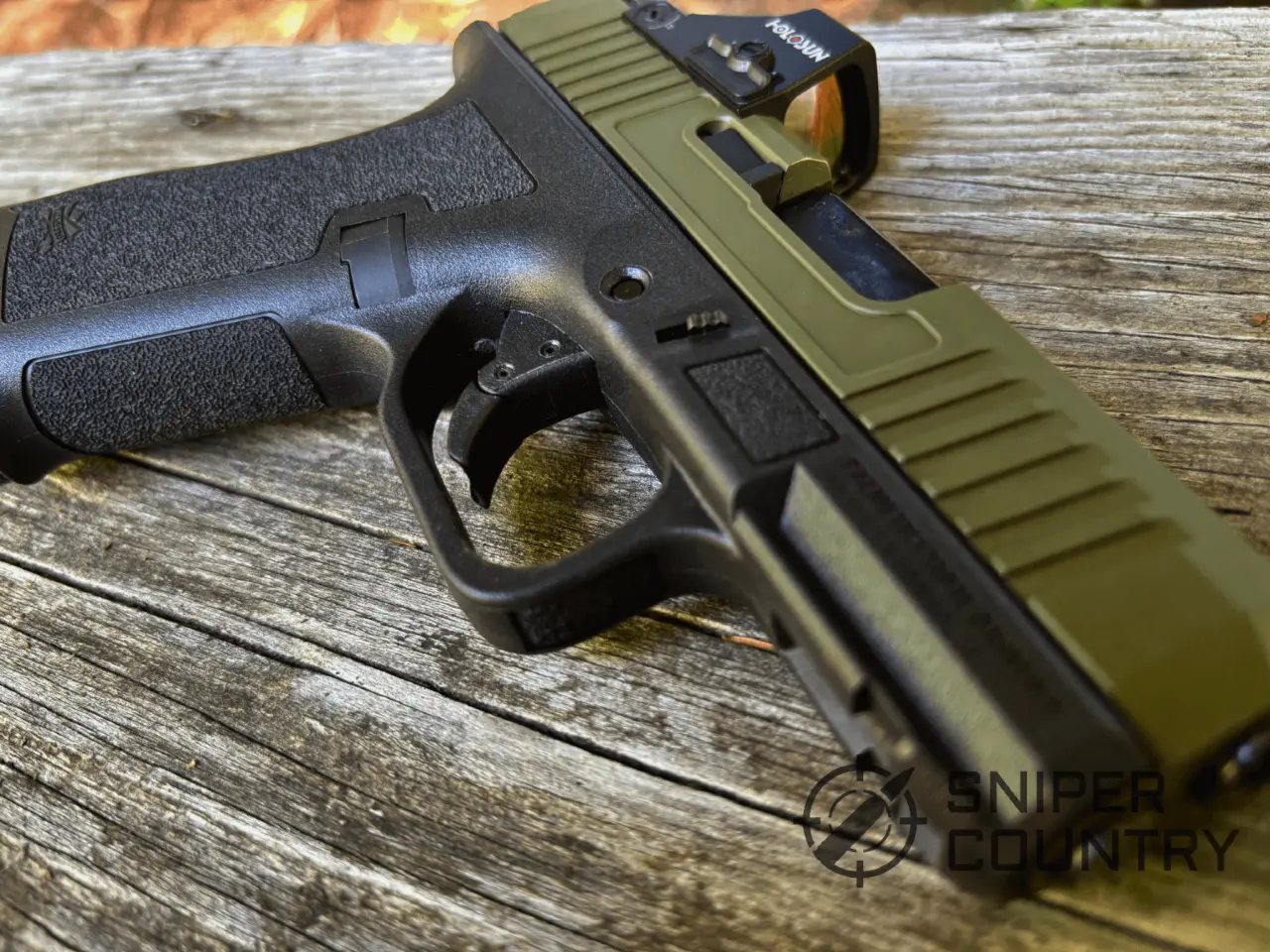
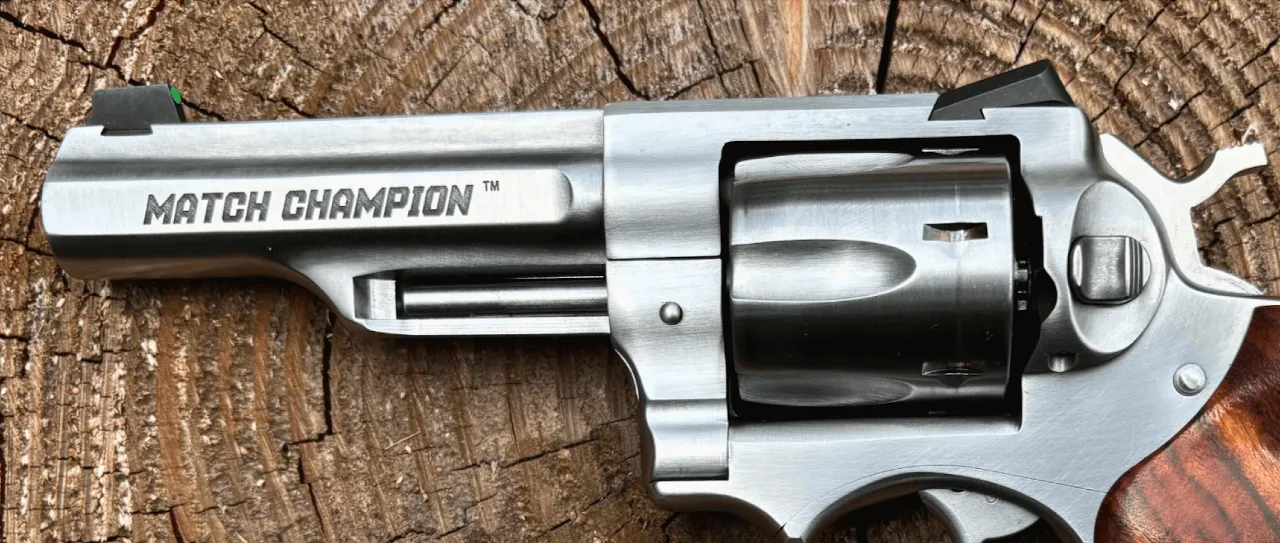









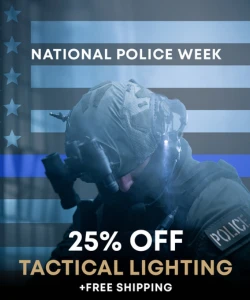
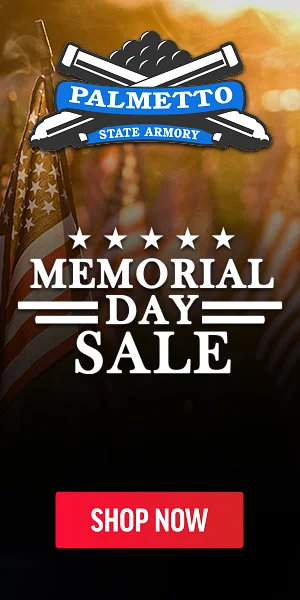
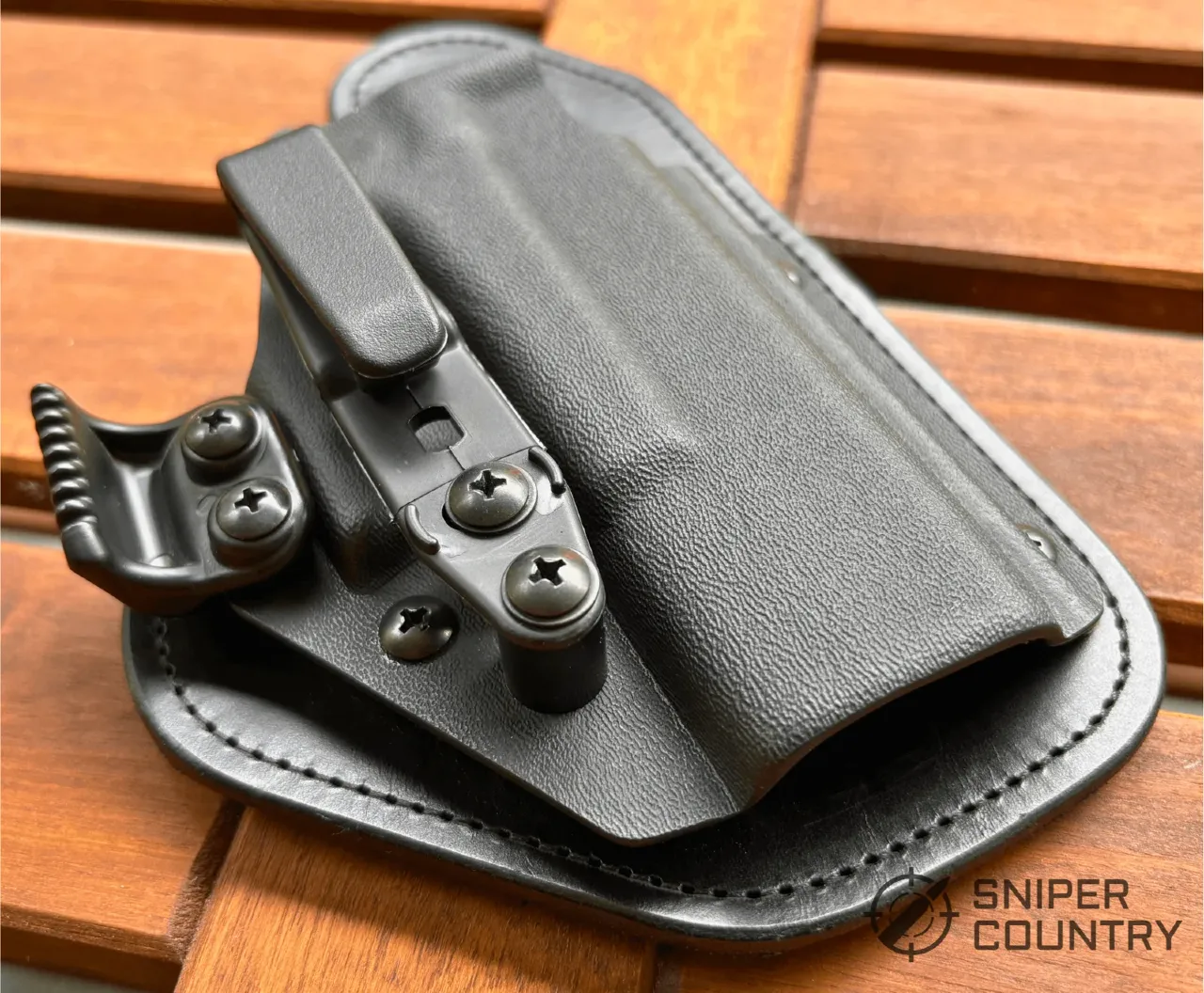

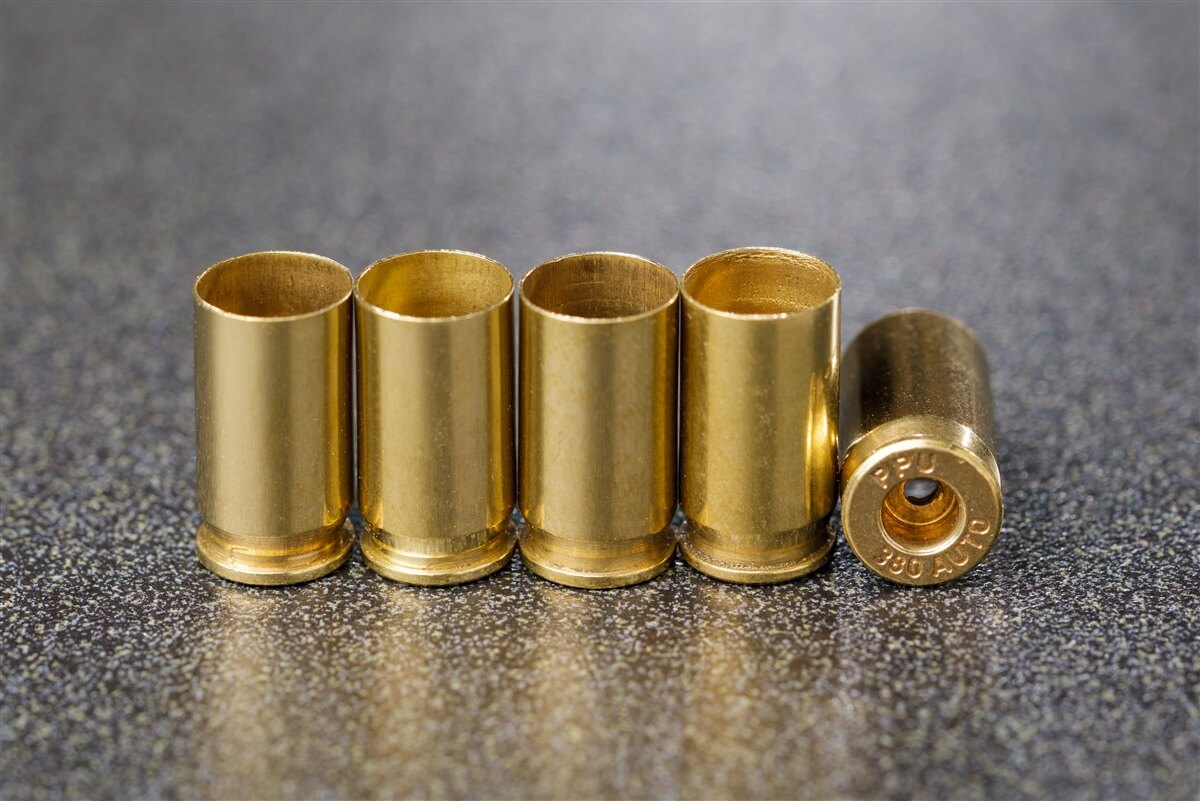

2 Responses
all I got to say is if your really in to clay shooting and go to shotgun meets with S.C.T.P. and all that ,the shotgun I have is a Perazzi. but those guns are if your really really in to it,but you should start out with a Beretta and then move up from there.
I am fortunate enough that I have not used Mossberg 500 Persuader to actually shoot an intruder. I do practice once a week at a range with that gun.
The gun is very comfortable to hold, and light because of its aluminum receiver. Being new to the model, at first I did get a bit worried about scratches that appeared inside the receiver. Turned out that it was a common thing. The scratches stopped growing and don’t affect how the gun functions.
All you need for a field disassembly is something small to push out a rod that holds trigger assembly in place, like a nail set type of thing. Not an uncommon object to find. Basically, it’s a tool-less field disassembly. Very nice.
The location of the safety is very good, at least for my thumb length. Very convenient, and hardly a noticeable movement to disengage the safety.
The bead sight is really small. The gun has a heat shield, and the shield obscures sight a bit. I should probably replace the sight with something large that glows in the dark, but somehow got used to it by now.
The gun is a fixed cylinder choke so you can fire birdshot, buckshot, or slugs. For practice with birdshot, I really liked Winchester XPERT Game & Target, 2.75″, #6, 1 oz shells. Just felt right for the gun and for myself. For home defense, the ammo is actually hard to find at this time, especially buck shot. Almost like toilet paper during the onset of COVID-19. So I switched to rifled slugs which were/are still available. Fiocchi Aero Plano 7/8 oz slugs were a joy to shoot during practice. And so were Rio Royal Star Low Recoil 1 oz slugs. Both were 2.75″ shells. But sold out as of now! All I have left are Browning 1 oz slugs. They are rated at 1600 fps and actually hollow point slugs. What a kick they have comparing with the other two I mentioned! So need to be more careful when shooting those to be accurate. Although, the accuracy seem to match the ballistic diagram on a box with the slugs, when I do really concentrate on each shot. But then I am not an expert shot.
That’s what I’d like to say about Mossberg 500 self-defense gun mentioned in this article.